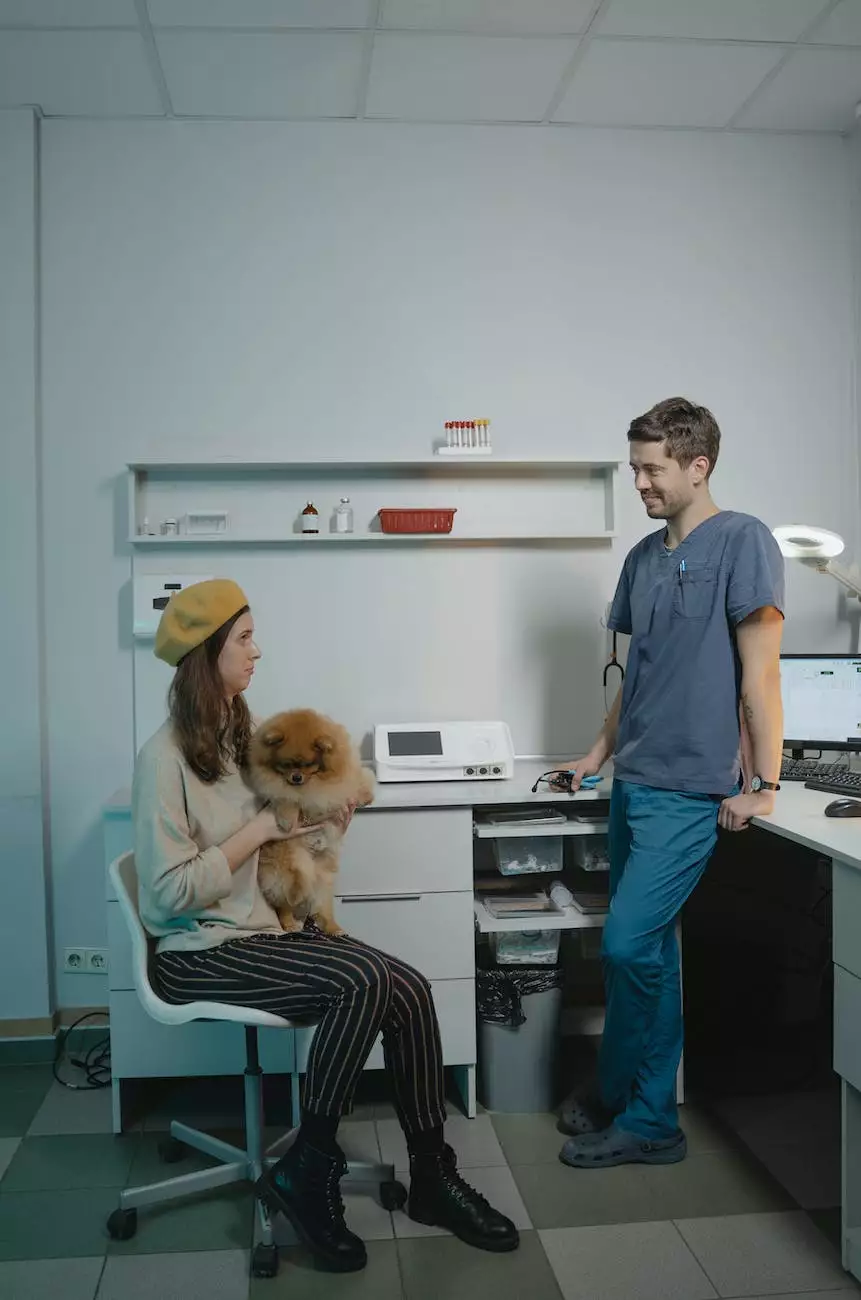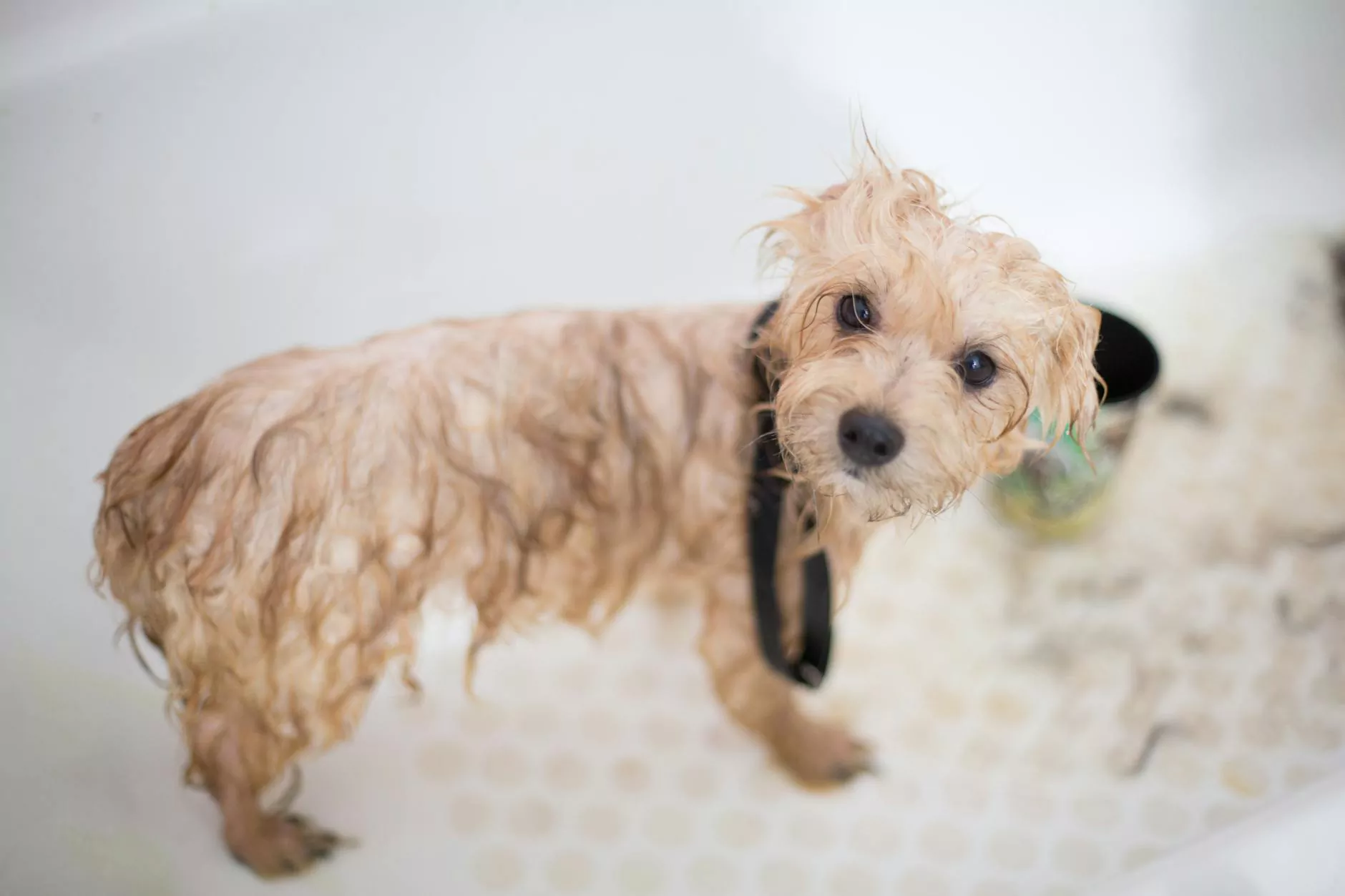Veterinary FAQs in Maryville, TN - Mobile Animal Surgical Hospital
Services
Welcome to Mobile Animal Surgical Hospital's Veterinary FAQs page, where we address commonly asked questions about our exceptional veterinary services in Maryville, TN. Our dedicated team of expert veterinary surgeons is committed to providing the highest level of care for your beloved pets.
What services does Mobile Animal Surgical Hospital offer?
Mobile Animal Surgical Hospital offers a wide range of comprehensive veterinary services to cater to the needs of your pets. Our services include:
- General pet examinations and wellness check-ups
- Surgical procedures, including routine and complex surgeries
- Dental care, including cleanings and extractions
- Vaccinations and preventive care
- Microchipping for identification purposes
- Diagnostic imaging, such as X-rays and ultrasounds
- Laboratory testing for accurate diagnosis
- Pain management and rehabilitation
- Emergency and critical care
Why choose Mobile Animal Surgical Hospital for your pet's veterinary care?
When it comes to the health and well-being of your pets, you deserve the best. Here's why Mobile Animal Surgical Hospital is the top choice for pet owners in Maryville, TN:
- Experienced Veterinary Surgeons: Our highly skilled and experienced veterinary surgeons are dedicated to providing exceptional care for your pets. They undergo continuous training to stay updated with the latest advancements in veterinary medicine.
- State-of-the-Art Facilities: Mobile Animal Surgical Hospital is equipped with state-of-the-art facilities and advanced medical equipment to ensure accurate diagnosis and effective treatment for your pets.
- Compassionate Care: We believe in treating your pets with compassion and love. Our team understands the emotional bond between you and your pets and strives to provide personalized care tailored to their individual needs.
- Convenience: As a mobile veterinary hospital, we bring our services directly to your doorstep. This eliminates the stress of traveling with your pets and provides a comfortable and familiar environment for examinations and procedures.
- Collaborative Approach: At Mobile Animal Surgical Hospital, we value collaboration and communication. We work closely with pet owners to ensure a thorough understanding of their pets' health conditions and provide comprehensive treatment plans.
- Emergency Services: We understand that emergencies can happen at any time. Mobile Animal Surgical Hospital offers prompt and reliable emergency veterinary care to address any urgent pet healthcare needs.
- Commitment to Excellence: Our commitment to excellence is evident in the quality of care we provide. We strive for nothing less than exceptional outcomes for your pets, ensuring their health and happiness.
How often should I bring my pet for a check-up?
Regular check-ups are crucial for maintaining your pet's health and preventing potential health issues. The frequency of visits may vary depending on various factors such as your pet's age, breed, and pre-existing medical conditions. As a general guideline:
- Young pets (up to 1 year old): It is recommended to bring them every 3-4 weeks for vaccinations, deworming, and wellness check-ups.
- Adult pets (1-7 years old): Annual visits are typically sufficient for routine preventive care and general health examinations.
- Senior pets (7+ years old): Due to their age-related health concerns, senior pets may require more frequent check-ups, usually every 6 months, to monitor and manage any age-related issues.
- Pets with pre-existing medical conditions: Depending on the condition, your veterinarian will advise on the appropriate check-up intervals to effectively manage your pet's health.
How do I prepare my pet for surgery?
Prior to any surgical procedure, it's important to follow pre-operative instructions provided by your veterinary surgeon to ensure your pet's safety and well-being. Here are some general guidelines:
- Fasting: In most cases, your pet will need to fast for a certain period before the surgery to prevent complications during anesthesia. Your veterinarian will provide specific fasting instructions.
- Medication: If your pet is on any medication, inform your veterinary surgeon and follow their instructions regarding administration before the surgery.
- Hygiene: Ensure your pet is clean and groomed before the surgery. This helps minimize the risk of infections and ensures a sterile surgical environment.
- Transportation: Arrange safe transportation for your pet to the veterinary hospital, ensuring their comfort and security.
- Post-operative Care: Your veterinary surgeon will provide detailed post-operative care instructions, including medication administration, wound care, and follow-up appointments.
How should I handle emergency situations with my pet?
Emergencies can be stressful, but staying calm and taking immediate action is crucial. Here's what you can do in case of a pet emergency:
- Contact Mobile Animal Surgical Hospital: Call our emergency helpline immediately or proceed to our veterinary hospital if you're able to safely transport your pet.
- First Aid: If your pet requires immediate care and you have basic knowledge of pet first aid, provide necessary first aid measures as advised by our emergency veterinarian over the phone.
- Do Not Delay: In emergencies, time is of the essence. Do not delay seeking professional veterinary care, as it can potentially save your pet's life.
- Stay Calm: Pets can sense your emotions. Staying calm will help keep your pet calm as well, reducing their stress levels during the emergency.
How can I ensure my pet's dental health?
Dental health is crucial for the overall well-being of your pets. Here are a few tips to maintain good dental hygiene:
- Daily Brushing: Regularly brush your pet's teeth using a pet-friendly toothbrush and toothpaste. Start by introducing them to the process gradually for their comfort.
- Dental Treats and Toys: Provide dental treats and toys that promote chewing and help reduce tartar buildup.
- Professional Cleanings: Schedule regular professional dental cleanings to remove plaque and tartar that cannot be addressed through regular brushing.
- Monitor Diet: Feed your pet a balanced diet that supports dental health. Avoid feeding them excessive sugary or starchy foods.
- Consult Your Veterinarian: Your veterinarian can provide specific guidance based on your pet's dental health condition and recommend appropriate dental care products.
Why is microchipping important for my pet?
Microchipping is a safe and effective way to ensure the identification and safe return of your pet in case they go missing. Here's why it is important:
- Permanent Identification: Unlike collars or tags that can be lost or removed, a microchip is a permanent form of identification. It contains a unique number that identifies your pet when scanned.
- Reuniting Lost Pets: If your pet goes missing and is found by a shelter or a veterinary hospital, they can scan the microchip to identify your contact information. This greatly increases the chances of reuniting you with your beloved pet.
- Proof of Ownership: In case of disputes or situations where proof of ownership is required, a microchip provides solid evidence of your relationship with your pet.
- Peace of Mind: Microchipping gives pet owners peace of mind, knowing that their pets have a better chance of being returned to them if they ever get lost.
What diagnostic imaging services are available at Mobile Animal Surgical Hospital?
At Mobile Animal Surgical Hospital, we utilize advanced diagnostic imaging technologies to aid in the accurate diagnosis of various health conditions. Our imaging services include:
- X-rays: X-ray imaging allows us to visualize the internal structures, such as bones and organs, to detect abnormalities or injuries.
- Ultrasounds: Ultrasound imaging uses sound waves to create images of the internal organs, providing valuable information about their structure and function.
How do I know if my pet requires an emergency veterinary consultation?
Recognizing the signs of a potential pet emergency is vital. If you notice any of the following symptoms, seek immediate veterinary care:
- Difficulty breathing or choking
- Severe bleeding or uncontrolled bleeding
- Sudden weakness or collapse
- Persistent vomiting or diarrhea
- Loss of consciousness
- Difficulty urinating
- Ingestion of toxic substances
- Seizures or convulsions
- Severe pain or extreme agitation
At Mobile Animal Surgical Hospital, we prioritize the health and well-being of your pets. Our Veterinary FAQs page aims to provide you with comprehensive information about our services and address common questions. For any specific inquiries or concerns, please don't hesitate to contact our veterinary team.




